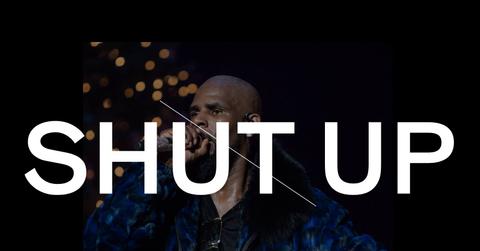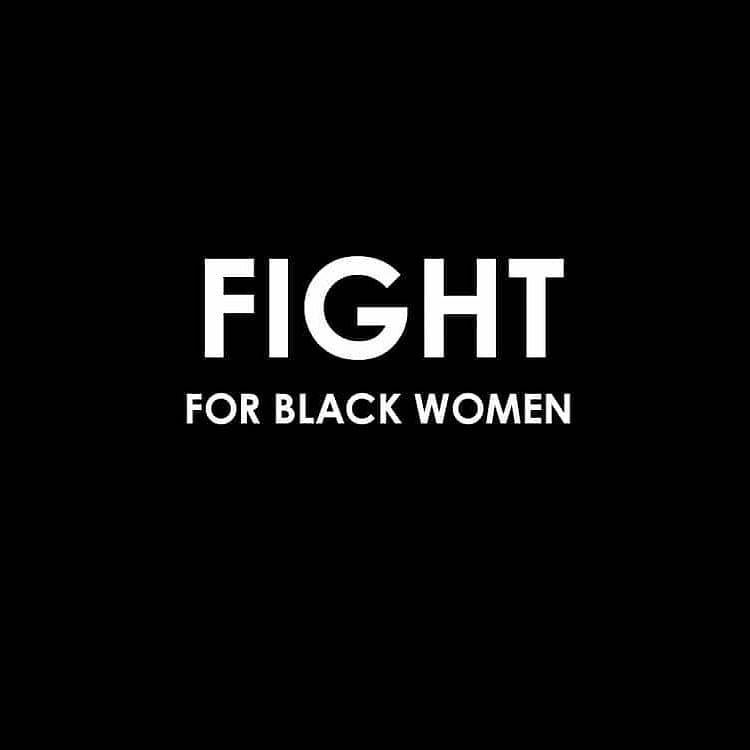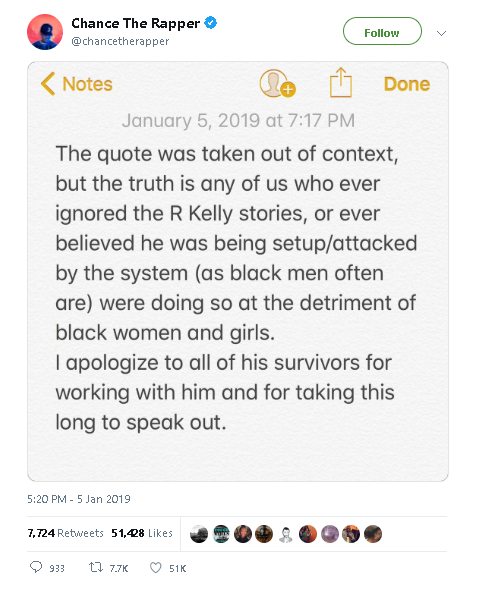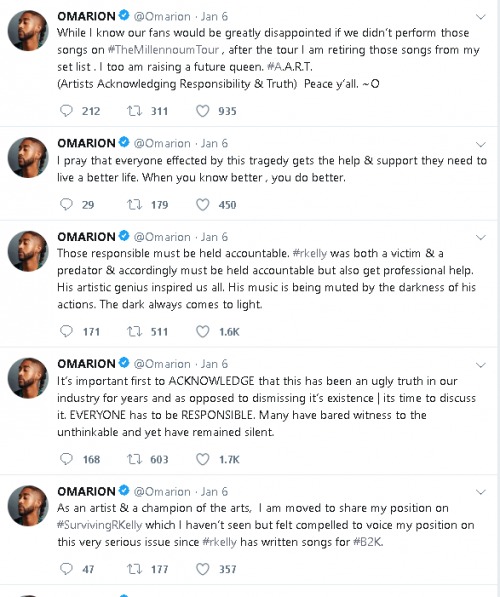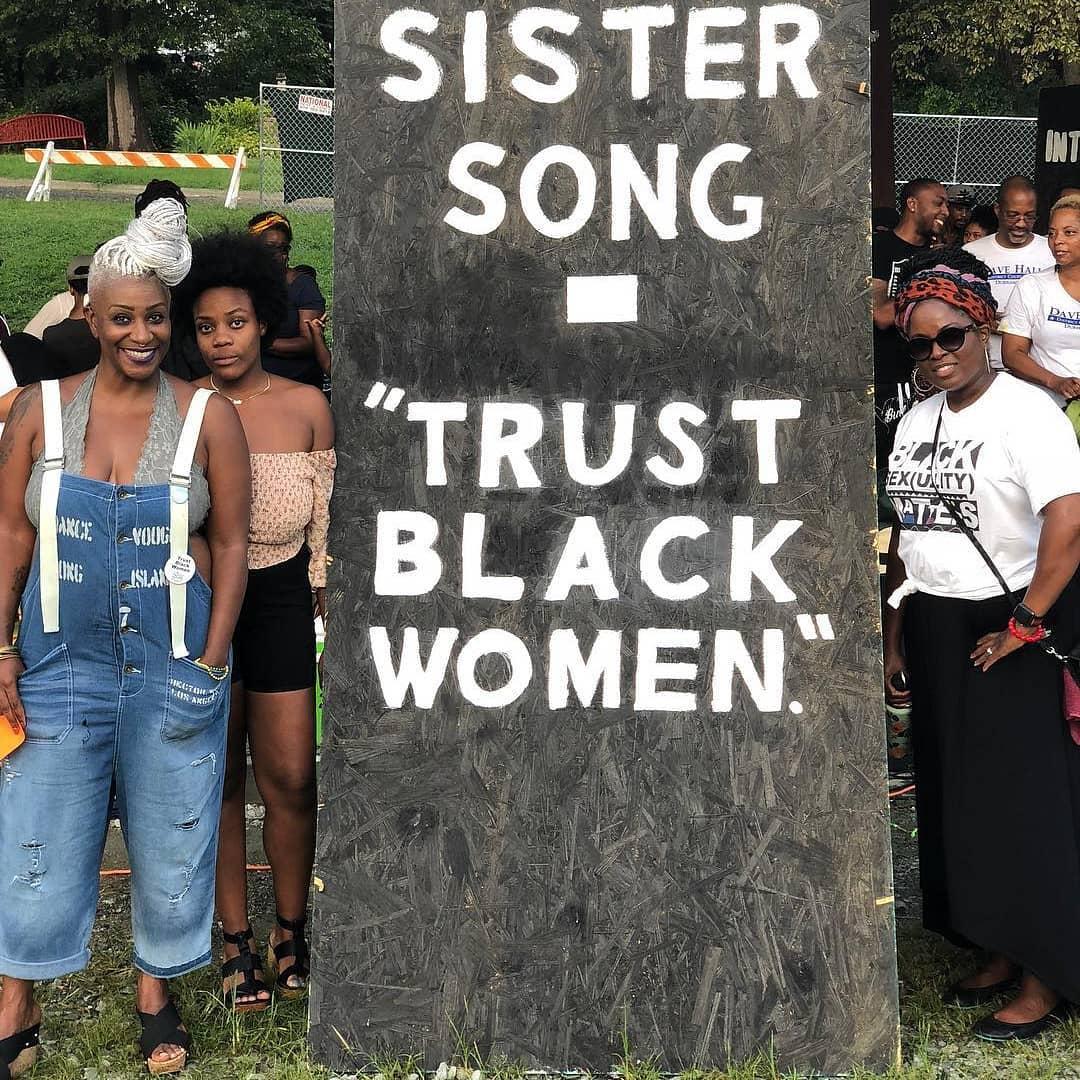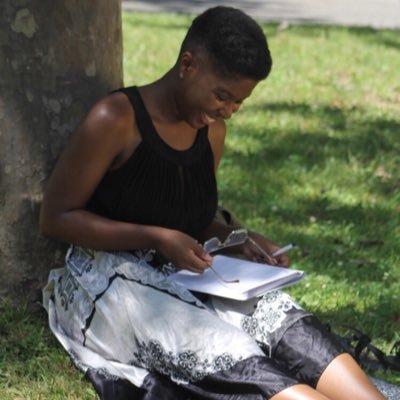Op-Ed: Could R. Kelly’s Career Have Thrived This Long If Black Women Ran The Music Industry? #SurvivingRKelly
The three-day #SurvivingRKelly docuseries led to honest conversations on social media about statutory rape intertwined with victim blaming, especially on Black Twitter.
For those of you who haven’t watched the docuseries yet or haven’t finished, #SurvivingRKelly chronicles R. Kelly’s early childhood life, music career, sex tape scandal and the controversy around him. While the docuseries revealed that R. Kelly was a victim of molestation and was bullied for not being able to read or write properly as a child, it also shows the gradual progression of him acting out the same behaviors onto others as he became more successful.
There were a lot of people interviewed including R. Kelly’s brothers, journalists, the #MuteRKelly co-founders, and his victims. It also showed how Kelly carefully placed his hit songs amongst his legal disputes to blind his fans from the truth of what was going on while Hiding in Plain Sight as he continues to call himself the pied piper (a person who lures children away from villages) of R&B.
We also see how the music industry turned a blind eye to R. Kelly’s child pornography charges because he generated high revenue for companies, and how Kelly had police officers in Chicago tip him off about wellness checks to protect him from lawsuits. Wellness checks are in-person calls from local law enforcement to someone whose behavior has become suspicious in some way, according to The New York Times.
As I watched the docuseries, I started to think about my own personal experience with statutory rape and victim blaming. As a young girl growing up in a working class/low-income neighborhood, I had to walk in groups of two or more with my friends because grown men would catcall us to try to get our numbers and saying things that I can’t repeat. We would tell these men, who were mostly over the age of 18, that we were teenagers. But that information did little to stop their persistence.
After watching the docuseries, I found out that there’s possibly a correlation between sex offenders and socioeconomic class when it comes to housing placements. For example, according to News Daily, residents have reported that, “nearly 700 registered sex offenders considered at a moderate or high risk to repeat a crime are concentrated in just a handful of low-income and working-class communities across Long Island.”
According to the academic journal article, Are Sex Offenders Moving into Social Disorganization? Analyzing the Residential Mobility of California Parolees, the authors state that “sex offenders are more likely to enter neighborhoods with more minorities as measured by Latinos and African Americans and less likely to enter neighborhoods with more whites.”
When you take these realities and personal experiences into consideration, it’s no wonder why people feel that society as a whole doesn’t care about the well being and innocence of Black women and girls.
According to The Undefeated, “even when they realize something’s wrong, Black women and girls are continually pressured to keep their mouths shut to protect Black men who commit violence, sexual or otherwise, against them because of some warped definition of racial solidarity.”
According to The Atlantic:
Across all age ranges, participants viewed Black girls collectively as more adult than white girls,” the study reports.“Responses revealed, in particular, that participants perceived Black girls as needing less protection and nurturing than white girls, and that Black girls were perceived to know more about adult topics and are more knowledgeable about sex than their white peers.
Thankfully, celebrities who have worked with R. Kelly have weighed in on the importance of keeping Black women and girls safe. Celebrities like Chance the Rapper who sheds light on the bias society holds when it comes to Black women and girls.
“We’re programmed to really be hypersensitive to Black male oppression,” [Chance the Rapper] added. “But Black women are exponentially [a] higher oppressed and violated group of people just in comparison to the whole world. Maybe I didn’t care because I didn’t value the accusers’ stories because they were Black women. Usually, niggas that get in trouble for shit like this on their magnitude of celebrity, it’s light-skinned women or white women. That’s when it’s a big story. I’ve never really seen any pictures of R. Kelly’s accusers.”
Chance the rapper has since said that his quote was taken out of context:
Omarion, who is another artist that has stepped forward about R. Kelly, has stated openly that after the B2K tour, he will retire the songs that Kelly has written for him to stand in solidarity with the victims.
As an article by Pitchfork talks about the docuseries, saying “these women are sharing their truths, and the connection between money, power, and race appear inescapable.” As a society, we have to acknowledge the intersectionality between those forms of power, and most importantly how they have been used to oppress women.
In fact, R. Kelly flying below the radar for decades in spite of several sexual abuse allegations is proof that his fame and fortune have given him power and privilege over women and young girls. This shows the root of an even bigger problem – there are not enough women of color in positions of power to stop this behavior from happening.
According to Fortune, “Most minority groups and especially minority women are very underrepresented” in both the public and private sectors, says AAUW senior researcher Kevin Miller…Black women represent just 8% of the private sector workforce and a dismal 1.5% of senior leadership. Hispanic women represent about 6% of the workforce and 1.3% of leadership.”
Thankfully, women’s representation in the public service has improved. According to The Hill, a quarter of the Senate is now female. The new Congress is set to have 55 African-American lawmakers in the House and Senate, 45 Hispanic lawmakers and 17 Asian-Americans. While this is a great milestone, the majority of Congress are still white cisgendered males.
We need more women of color with power, money, and status to ensure the safety of fellow Black women and Black girls. It doesn’t even have to just be power, money, and status in the music industry. It can be in your respective and aspiring fields.
We need Black women to continue stepping into positions of power like dream hampton who produced the docu-series as well as women like Michele Rayner-Goolsby and Shannon Ligon who are two Black women lawyers representing Yasmine James who was assaulted at McDonald’s (according to Essence) to protect us when no one else will.
We have seen women of color at the forefront of so many different movements. This is no different. So if you’re a #goaldigger and a career-driven woman of color, use #SurivingRKelly as motivation to keep pursuing your dreams and striving for positions of power. Our lives and safety depend on it.
If you or anyone you know is experiencing sexual assault, please call the National Sexual Assault Hotline at 800.656.4673 or visit rainn.org.

